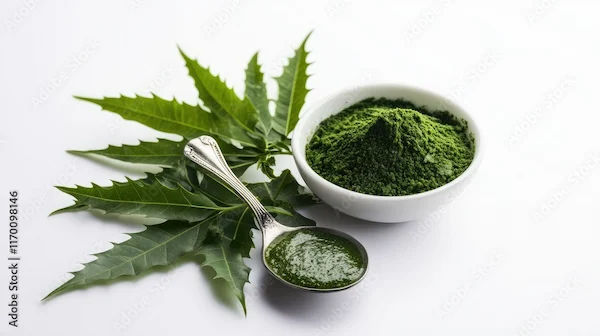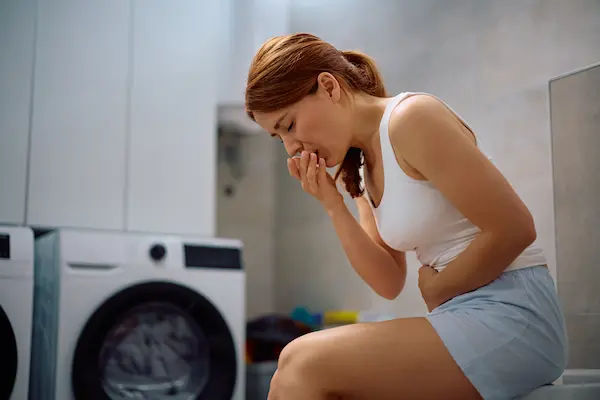Mucus in Stool: Causes and Treatments
Worried about mucus in your stool? Learn the common causes, symptoms, and effective treatments. Find out when to see a doctor and how to manage it at home.


Noticing mucus in your stool can be concerning, but it’s not always a sign of something serious. Mucus is a slippery, gel-like substance naturally produced by your intestines to help stool pass smoothly. However, if you see an unusual amount of mucus in your stool—especially if it’s accompanied by other symptoms—it may indicate an underlying issue.
In this article, we’ll discuss the possible causes of mucus in stool, when to worry, and how to manage it effectively.
What Does Mucus in Stool Look Like?
Mucus in stool may appear as:
- A whitish, jelly-like coating on stool
- Stringy or slimy streaks
- Occasional small amounts (normal) vs. frequent large amounts (concerning)
If you also notice blood, pus, or a change in bowel habits (like diarrhoea or constipation), it’s best to consult a doctor.
Common Causes of Mucus in Stool
1. Irritable Bowel Syndrome (IBS)
- IBS is a digestive disorder that can cause mucus in stool along with:
- Abdominal pain
- Bloating
- Diarrhoea or constipation
What to do? Managing stress, eating a high-fibre diet, and staying hydrated can help.
2. Inflammatory Bowel Disease (IBD)
Conditions like Crohn’s disease and ulcerative colitis cause chronic inflammation in the gut, leading to:
- Bloody or mucus-filled stools
- Persistent diarrhoea
- Weight loss
What to do? If you suspect IBD, see a gastroenterologist for proper diagnosis and treatment.
3. Infections (Bacterial, Viral, or Parasitic)
Food poisoning or infections (like Salmonella, E. coli, or Giardia) can trigger:
- Sudden diarrhoea with mucus
- Fever and stomach cramps
Consult a Top Specialist for the best advice
What to do? Drink plenty of fluids and seek medical help if symptoms worsen.
4. Food Intolerances (Lactose or Gluten Sensitivity)
If your body struggles to digest certain foods, you may experience:
- Mucus in stool
- Gas, bloating, and diarrhoea
What to do? Try eliminating suspected foods (like dairy or gluten) and observe changes.
5. Anal Fissures or Haemorrhoids
Small tears (fissures) or swollen veins (hemorrhoids) in the rectum can cause:
- Mucus discharge
- Pain during bowel movements
What to do? Increase fibre intake, drink water, and use over-the-counter ointments if needed.
6. Colon or Rectal Issues (Polyps or Cancer)
While rare, excessive mucus with blood, unexplained weight loss, or persistent bowel changes could indicate:
- Colon polyps
- Colorectal cancer
What to do? Early detection is key—get screened if you’re over 45 or have a family history
When Should You See a Doctor?
Consult a healthcare provider if you notice:
- Large amounts of mucus are frequently
- Blood in stool
- Severe abdominal pain
- Unexplained weight loss
- Persistent diarrhoea or constipation
If needed, you can book a consultation with a gastroenterologist on Apollo 24|7 for expert advice.
How Is Mucus in Stool Diagnosed?
Your doctor may recommend:
- Stool tests (to check for infections)
- Blood tests (for inflammation or deficiencies)
- Colonoscopy (to examine the colon)
- Imaging tests (like CT scans)
Treatment & Home Remedies
Medical Treatments
- Antibiotics (for infections)
- Anti-inflammatory drugs (for IBD)
- Dietary changes (for food intolerances)
Lifestyle & Dietary Tips
- Stay hydrated – Drink plenty of water to keep digestion smooth.
- Eat fibre-rich foods – Fruits, vegetables, and whole grains help regulate bowel movements.
- Probiotics – Yoghurt or supplements can improve gut health.
- Avoid trigger foods – Spicy, fatty, or dairy-heavy meals may worsen symptoms.
- Manage stress – Yoga, meditation, or light exercise can help IBS symptoms.
Final Thoughts
A small amount of mucus in stool is normal, but if it increases or comes with other symptoms, don’t ignore it. Simple dietary changes and hydration can often help, but persistent issues need medical attention.
If you’re concerned, schedule a consultation or stool test through Apollo 24|7 for a proper evaluation.
Consult a Top Specialist for the best advice
Consult a Top Specialist for the best advice
Dr. Gaddam Manoj
General Practitioner
1 Years • MBBS
Hyderabad
Aaradhya clinic, Hyderabad

Dr Syed Mateen Pasha
General Physician
2 Years • MBBS
Bengaluru
PRESTIGE SHANTHINIKETAN - SOCIETY CLINIC, Bengaluru

Dr. Anand Ravi
General Physician
2 Years • MBBS
Bengaluru
PRESTIGE SHANTHINIKETAN - SOCIETY CLINIC, Bengaluru

Dr. M L Ezhilarasan
General Practitioner
6 Years • MBBS
Visakhapatnam
Apollo 24|7 Clinic - Andhra Pradesh, Visakhapatnam

Dr. Madhuri Sai Sreepada
General Practitioner
9 Years • MBBS
Hyderabad
BRIGHT SMILES MEDICARE & DENTAL CARE, Hyderabad
Consult a Top Specialist for the best advice
Dr. Gaddam Manoj
General Practitioner
1 Years • MBBS
Hyderabad
Aaradhya clinic, Hyderabad

Dr Syed Mateen Pasha
General Physician
2 Years • MBBS
Bengaluru
PRESTIGE SHANTHINIKETAN - SOCIETY CLINIC, Bengaluru

Dr. Anand Ravi
General Physician
2 Years • MBBS
Bengaluru
PRESTIGE SHANTHINIKETAN - SOCIETY CLINIC, Bengaluru

Dr. M L Ezhilarasan
General Practitioner
6 Years • MBBS
Visakhapatnam
Apollo 24|7 Clinic - Andhra Pradesh, Visakhapatnam

Dr. Madhuri Sai Sreepada
General Practitioner
9 Years • MBBS
Hyderabad
BRIGHT SMILES MEDICARE & DENTAL CARE, Hyderabad




.jpeg)